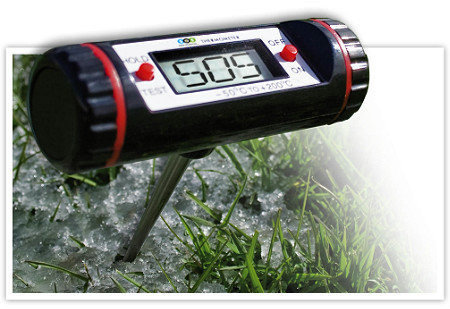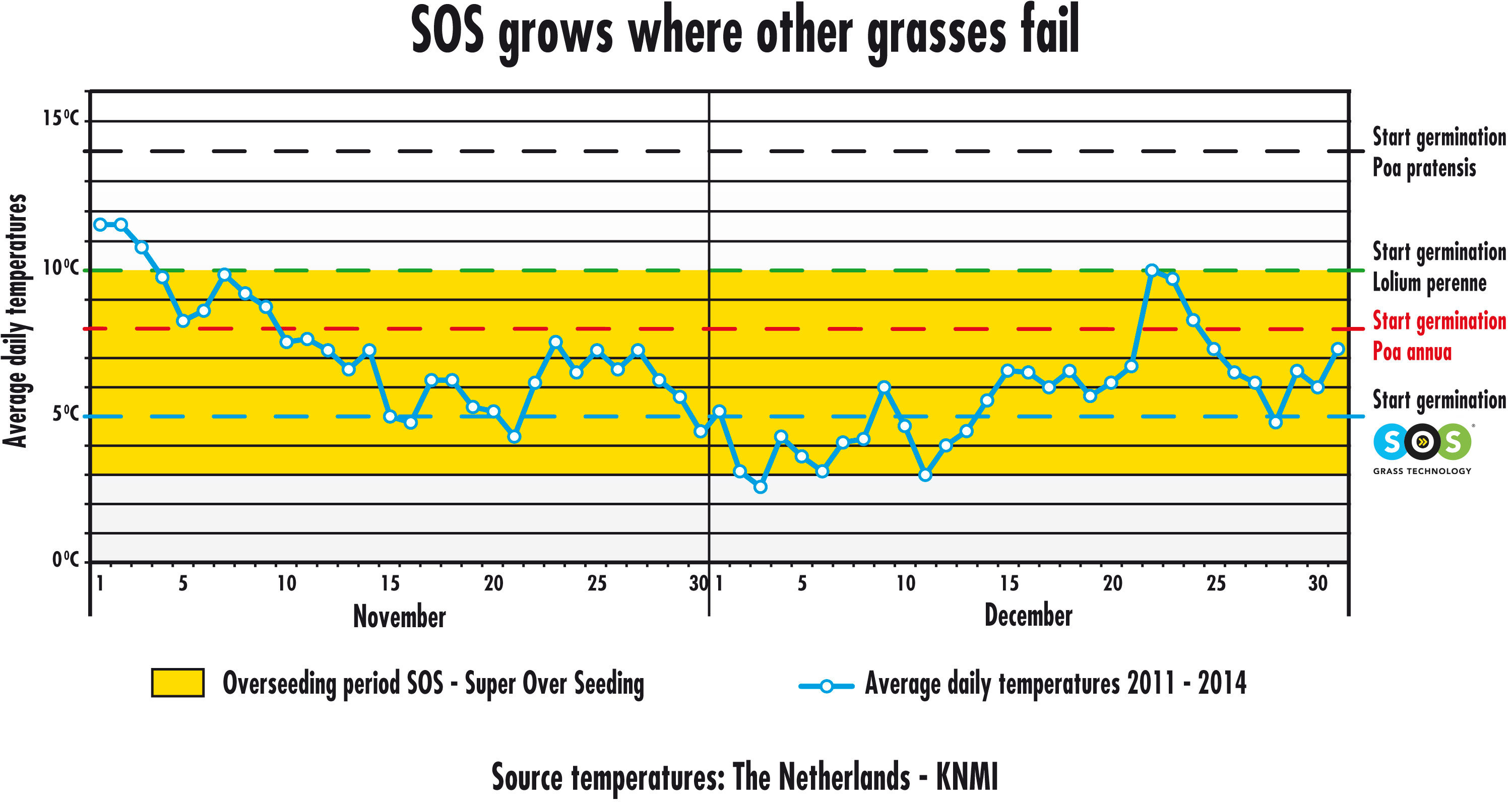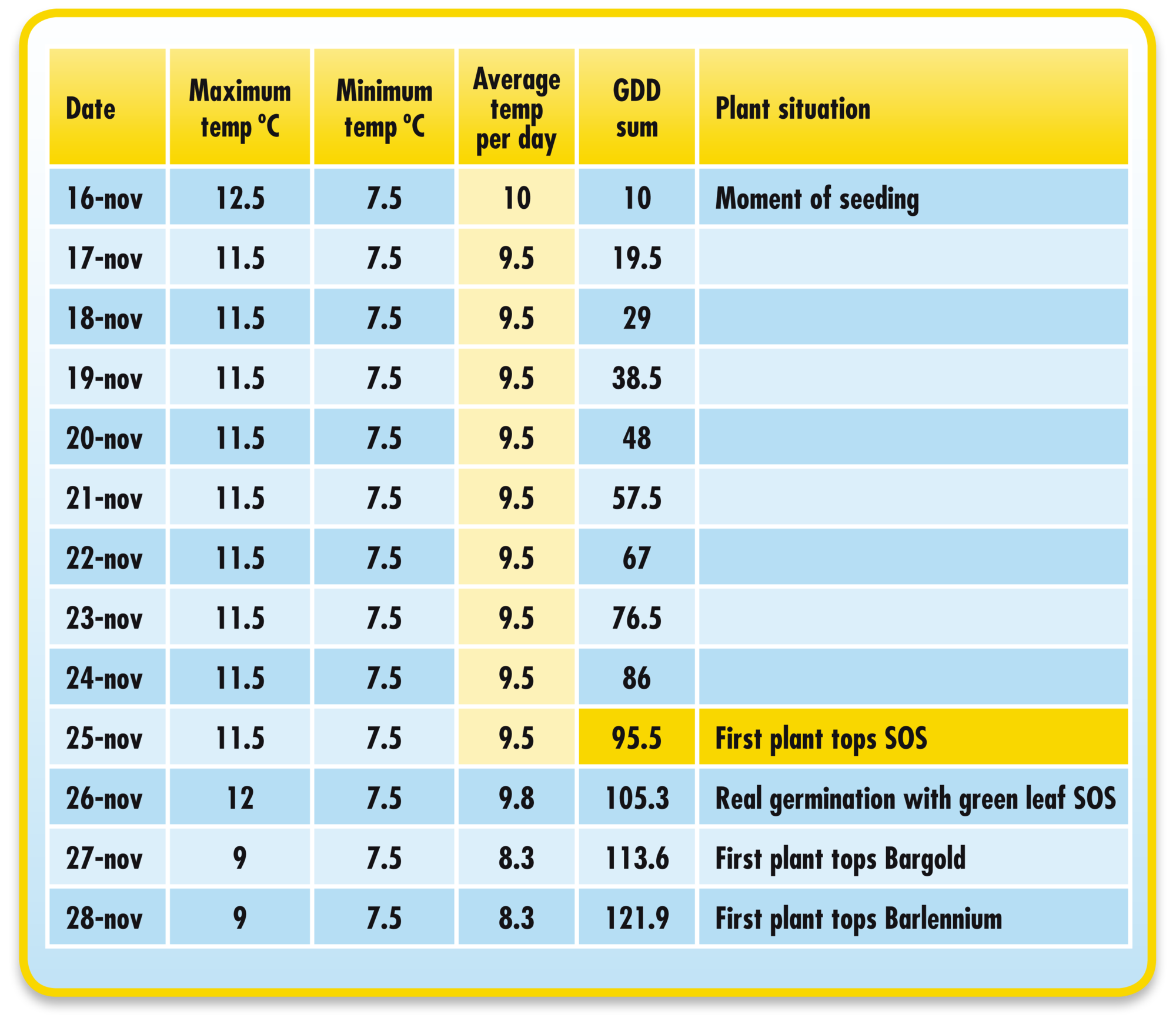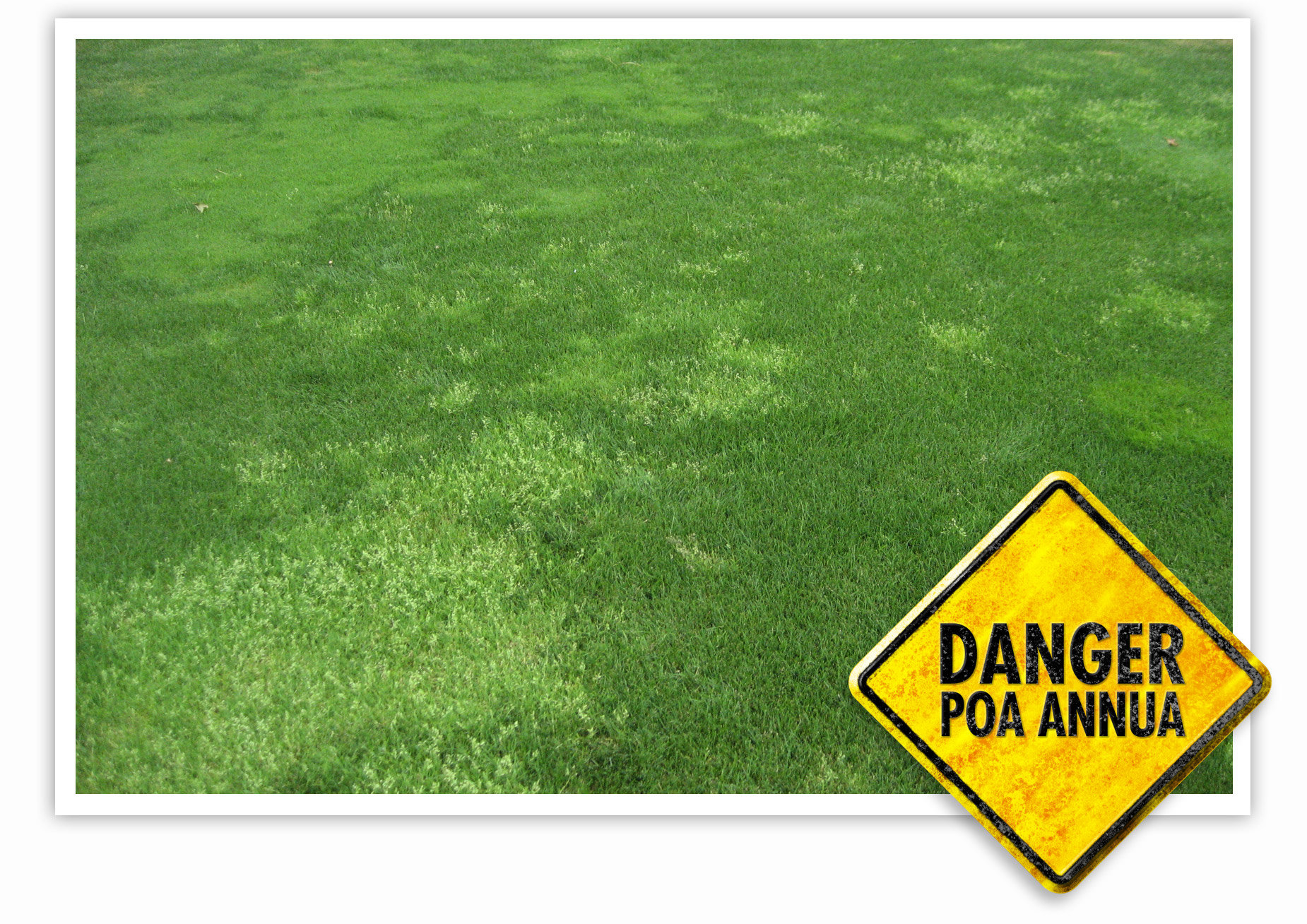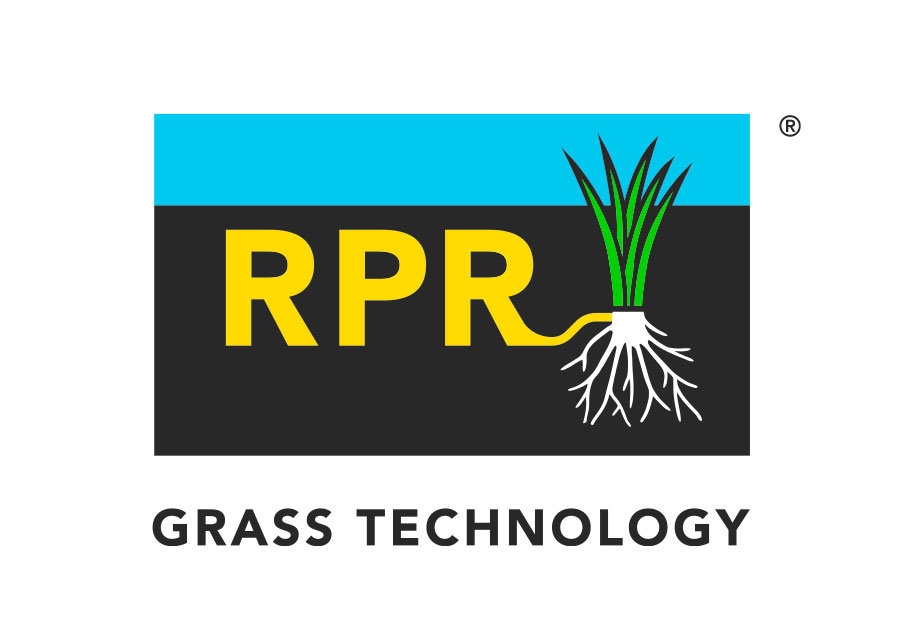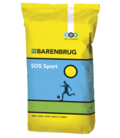When a field is actually beyond saving, a field top maker may be used. A field top maker is used to aerate a sports pitch or remove unwanted surface matter. While aerating, most of the annual meadow grass is removed because its shallow roots make it easy to pull out of the soil. It is advisable to overseed with a suitable grass mixture shortly after aerating.
There is also another, more rigorous option - use the field top maker to remove the top soil from the entire field. All of the grass is removed and needs to be disposed of. The next step is to choose the best mixture that will establish a nice, hardwearing sward as soon as possible. Barenbrug's RPR® is a good option.
RPR® germinates very quickly; it has creeping stolons, which form a sort of network across the turf. The plants are as such joined together and that makes the grass extremely strong. Therefore, this grass is very rarely damaged, should that happen, RPR®'s capacity for self-recovery gets to work. RPR® forms such a dense turf that annual meadow grass can hardly take hold.



